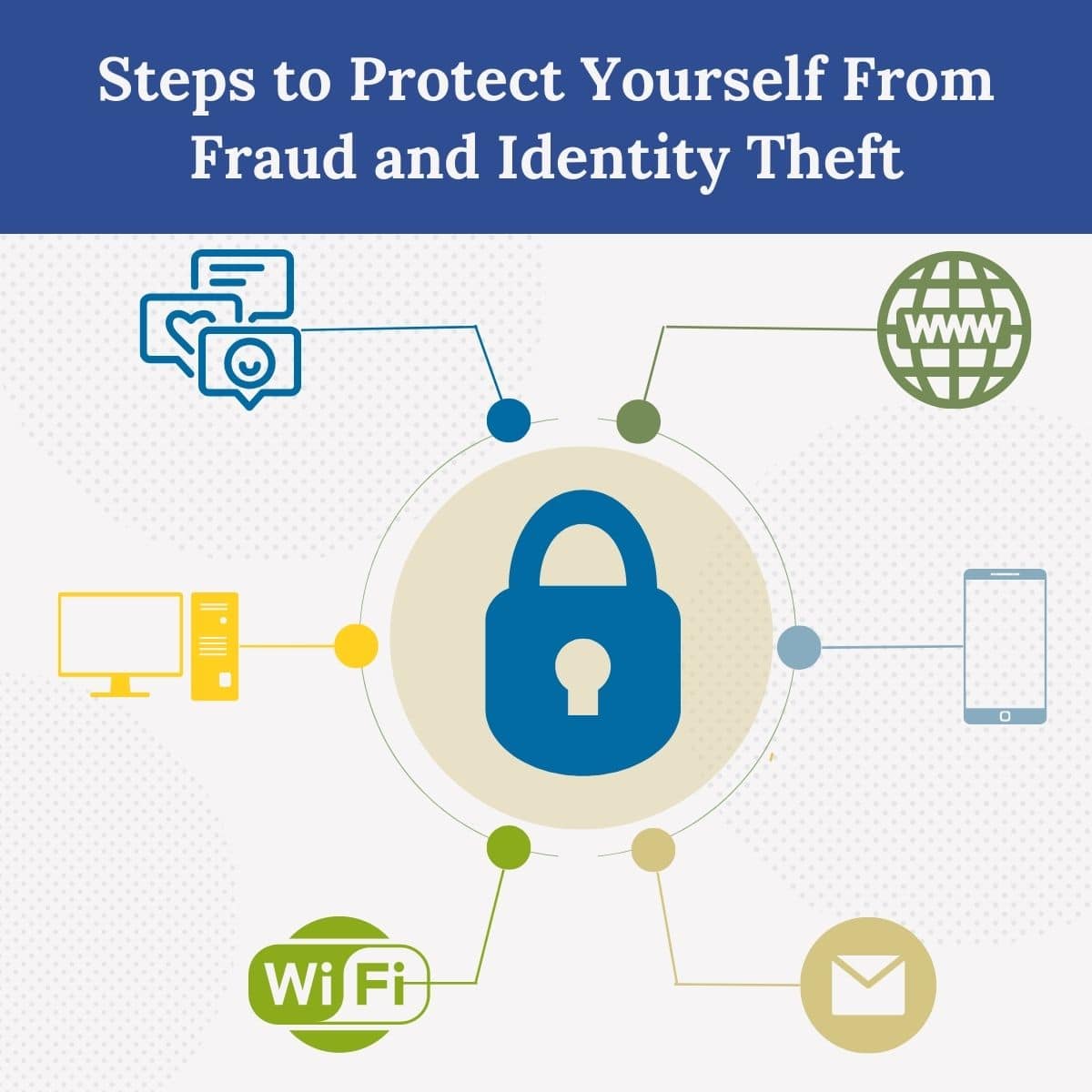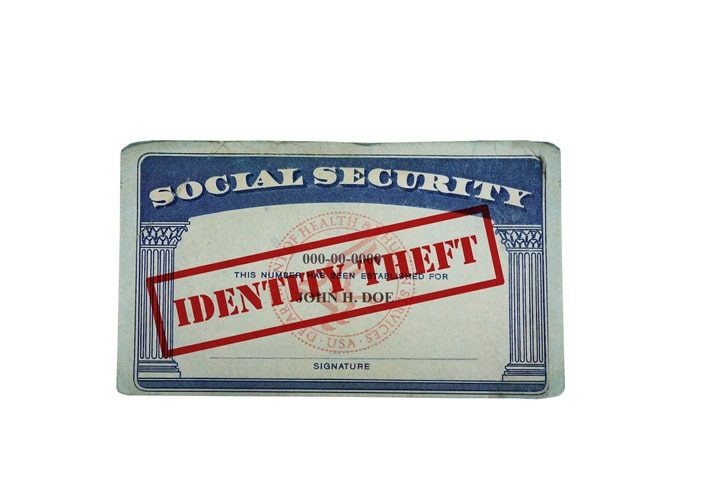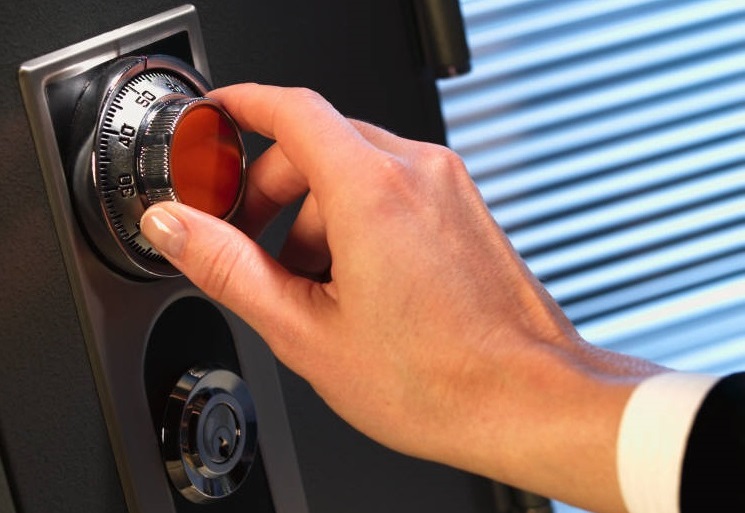In today’s connected world it is crucial to maintain strong cybersecurity habits to protect your finances and your identity. Avoiding identity theft is essential in protecting your long-term financial security. There are several steps you can take to strengthen and safeguard your personal financial information and identity online.
Your Devices
- Protect your devices by ensuring they are running the most recent updates. These updates often include enhanced security measures. This applies to your operating system, the software you utilize, and your browser.
- Utilize reputable antivirus and firewall programs that constantly monitor the health of your system. These protective measures have the potential to catch issues early, when they are often easier to resolve.
- Change the default name and password for your home router. Each should be complex including letters, numbers, and characters if possible. It is also best practice to not use actual words, but random letters and numbers.
- Many routers provide an option to turn on encryption. Activate encryption if this is possible.
Your Online Presence
- Utilize strong passwords that contain multiple characters, upper and lowercase letters, along with various symbols and numbers. We understand it can be difficult to remember passwords but it’s important to use distinct passwords for different logins. You might consider using a reputable password manager app to help store passwords.
- Change your passwords frequently, and always if you encounter suspicious activity.
- When reading emails, texts and surfing the web, be mindful of what you open and click. When in doubt, do not open attachments or click on links from unknown senders. Phishing scams can look rather official and serious. If it is not related to a subject that you were expecting, reconsider whether you should open the communication or attachment. Phishing email addresses often end with a different domain than the company or entity’s legitimate address.
- Never give your personal or financial information unless you are confident that it is being relayed to a legitimate organization.
- Be aware that tax authorities do not contact taxpayers by phone, email, or text.
- Limit how much personal information you share online, including on social media. Criminals will use any little bit of information they can find to start putting the puzzle of your personal identity together.
- Use a Virtual Private Network (VPN), especially when using Wi-Fi in public. A VPN creates an encrypted pathway for your data and helps ensure the security of your data transmission.
- Avoid entering any personal information in a non-secure network environment (such as a public computer) or on your phone.
- Use Multi Factor Authorization (MFA) when possible. It’s especially important to use MFAs for access to financial logins.
- Monitor security settings and only enable what’s necessary. This includes what you have enabled on your phone for apps.
- Consider using an identity theft monitoring system. These services charge monthly fees which are often worth the investment to avoid lengthy efforts to re-establish your identity and credit, or to reclaim funds lost.
- Shred statements versus throwing them in the trash or recycling.
Please note that this list is not all encompassing. It is always important to be cautious and mindful of the fact that you may be the target of a cyberattack or an attempted identity theft.
SageVest knows that your identity protection is imperative to securing your financial future. We utilize comprehensive and continually updated security measures for your added protection. We encourage you to do the same and follow the steps outlined above. Please contact us with any questions.




